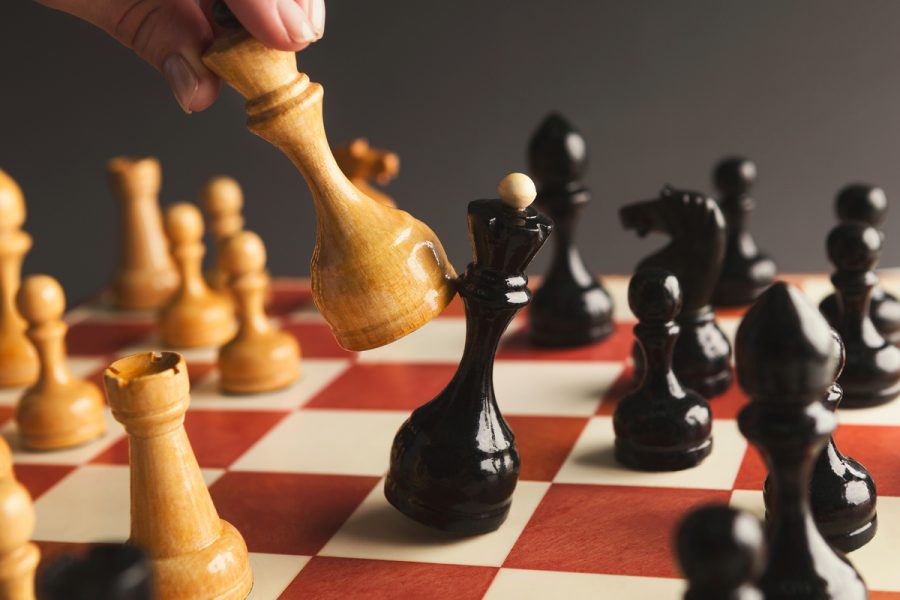Born as Siddhartha Gautama in either 563 B.C.E. or 480 B.C.E. in modern day Nepal, Gautama Buddha is the founder of the Buddhist religion. Born and raised as a royal prince, his mother was Queen Mayadevi and his father, King Suddhodana. According to legend, when Buddha journeyed into the capital city of his father’s kingdom, hoping to survey the lives of the people, he witnessed pain, suffering and death. These devastations sparked his dedication to finding enlightenment. After periods of isolation and occasionally starvation, Buddha eventually achieved enlightenment and sought to educate others on how to free themselves from the cycle of pain and suffering, starting the buddhist religion.
Taking a 180 degree turn from my previous blog post that praised the positivity in humanity, we should take a look at the vindictive, cruel side of human nature. Deep inside each human is a desire to succeed, regardless of whatever success means to each individual. When that success is threatened, it’s natural to want to regain whatever we lost, resulting in anger, sadness and sometimes a need for revenge, but this negativity sometimes numbs the justification preventing us from inflicting harm on others. It becomes a destructive voice in our heads, first aimed towards the outside and then eventually at ourselves.
Instead of confronting the problem in a collaborative manner involving both parties, this anger can shut down communication, rip apart interpersonal connections and halt progress. As a pacifist, I support using words to communicate my unhappiness, though even sometimes I fail to do that. By voicing concerns and fouls, it’s easier for all parties involved to understand one another, creating an atmosphere that highlights understanding and respect, but choosing to keep your grudges and letting them dictate your actions can make your life full of distrust and negativity while the offending party lives on without a clue of what’s making you so unhappy.
The way I see it, if you don’t want to speak out, then let the grudge go. I don’t like the feeling of unhappiness sitting on my chest, constricting my movements and clouding my judgement. If I don’t want to confront the problem, that’s my fault, but I refuse to let the problem eat my self-esteem and self-respect and I certainly won’t let it justify hurtful actions towards others.
There was a period of time when I lost my trust in one of my closest friends. Not even telling her that I wasn’t happy with her actions, I closed her off, neglecting to talk to her and answering her enquiries with flippant responses. Every day at school became a mental battle. I didn’t want to speak to her so aversion was priority number one. After weeks of tiring hide-and-seek, I was mentally and emotionally burnt out. I could complain to those around me all I wanted, but as long as this one-sided anger existed, she was moving on with her life while I was still rooted in a weeks old incident.
Two solutions existed to unfreezing me; confronting her and resolving our differences or just acknowledging the past is the past and move on with my life and our friendship. Deciding to voice my unhappiness and the causes of such unhappiness opened up all lanes of communication. She understood where I was standing and I released an anger infested burden. After talking through the problem and how we would avoid such problems again, we moved on with our friendship and I began focusing on happier thoughts and the positive aspects of life.
Even though Hollywood seems like a place where everyone is a liar and the opulence and glamour is a mirage, their villains are practically a perfect example of the damage that results from holding onto anger. Many villains, such as the Joker, held a grudge that pushed them to become a villain and lose sight of themselves. Inflicting pain on others was a solution to letting off steam from an anger that would never dissipate, a philosophy that would make the general public lose heart and trust in them.
Negative emotions can be destructive if kept in the heart. They unlock the ruthless side of human nature, shaping actions based on selfish reasons and ripping apart the initial respect we grant to those we meet. In order to detach the soul from such a destructive entity, remain focused on constructive communication and the ambiguous future.
By Alice Yu
LATEST NEWS
- Stress, anxiety skyrocket as students prepare for upcoming AP tests
- RBHS holds successful night of percussion
- Not even water?
- Solar eclipse to pass through Missouri, April 8
- How CPS is organized: a guide
- City of Columbia to hold school board election April 2
- Youth Election Participants to assist in upcoming municipal election
- City of Columbia hosts first Community Engagement Session for McKinney Building, hopes to gain public insight on the structure’s future
- RBHS Track Team Opener at Battle Gallery
- March Mathness Photo Gallery


























































































